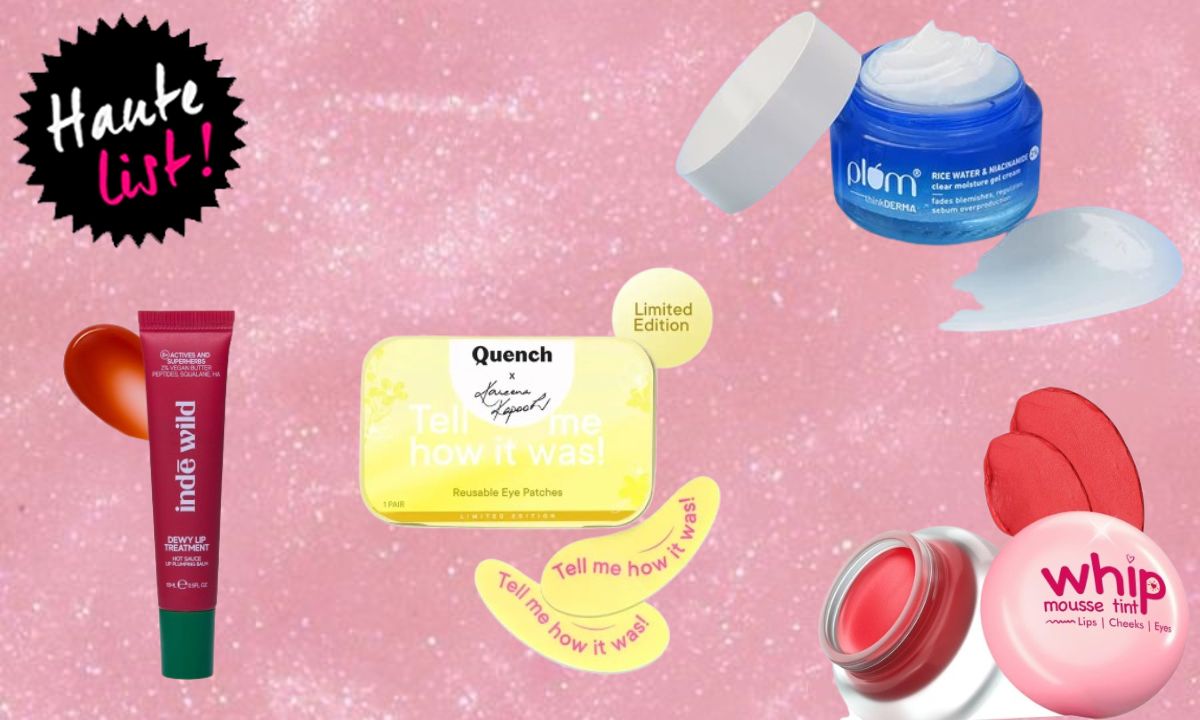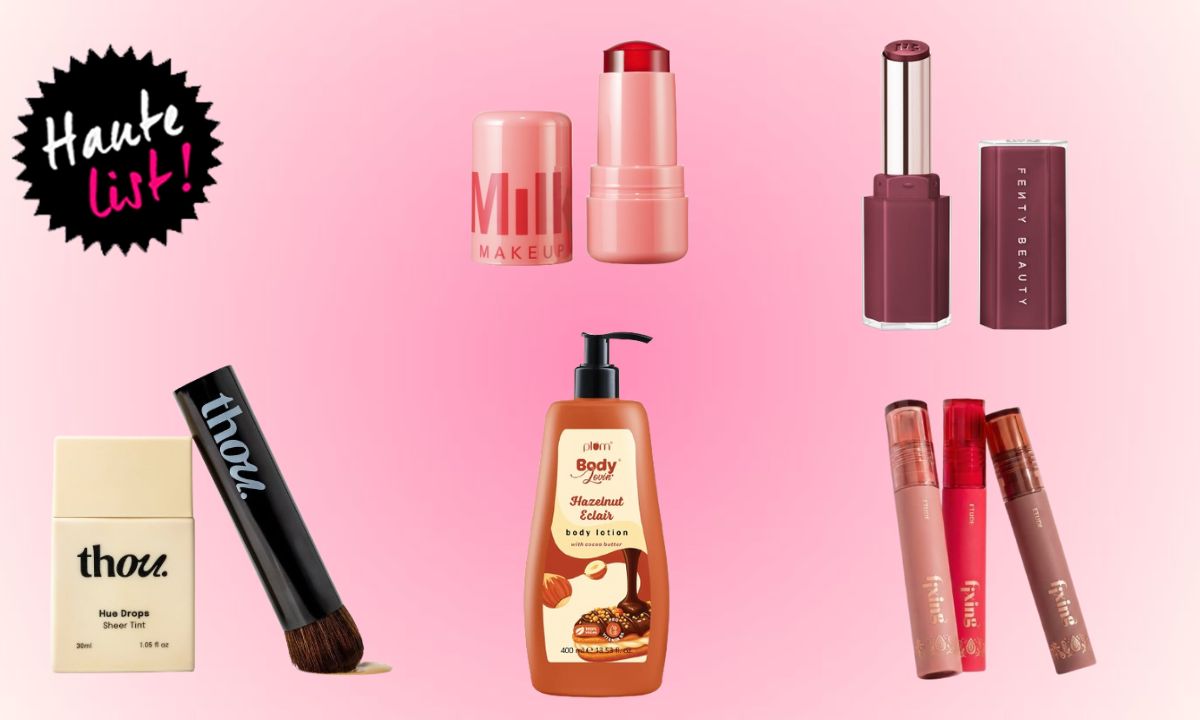Alpha Arbutin Or Retinol, Which Anti Ageing Ingredient Deserves A Spot In Your Skincare Routine
Anti ageing you said?

As we embark on our quest for eternal youth, the skincare market offers us a plethora of anti-ageing ingredients, each promising remarkable results. Two popular contenders in this age-defying battle are Alpha Arbutin and Retinol. These ingredients have gained widespread attention for their skin-transforming properties but which one truly reigns supreme in the realm of anti-ageing?
Here’s Everything You Need To Know About Alpha Arbutin And Retinol
1. Alpha Arbutin: The Skin Brightener
Alpha Arbutin is a naturally occurring compound derived from the bearberry plant and has gained popularity for its skin-brightening properties. It inhibits the activity of tyrosinase, an enzyme responsible for melanin production, making it effective in reducing hyperpigmentation, dark spots, and uneven skin tone. As a result, Alpha Arbutin can provide a brighter and more radiant complexion, addressing one of the common signs of ageing – skin discolouration.
Furthermore, Alpha Arbutin is known for its gentle nature, making it suitable for individuals with sensitive skin. Unlike other skin-lightening agents like hydroquinone, Alpha Arbutin poses minimal risk of skin irritation or sensitivity, making it an attractive choice for those with delicate skin concerns.
Also Read: Retinol 101: Everything You Need To Know About This Anti-Ageing Skincare Ingredient
2. Retinol: The Skin Transformer
Retinol, on the other hand, is a derivative of vitamin A and is revered for its transformative effects on ageing skin. It works by encouraging skin cell turnover and stimulating collagen production, which helps to reduce the appearance of fine lines and wrinkles. Retinol is also effective in unclogging pores and improving skin texture, making it an ideal choice for individuals battling acne-prone skin along with signs of ageing.
When it comes to anti-ageing, Retinol is widely regarded as the gold standard by dermatologists and skincare experts. Its ability to boost collagen production and enhance skin regeneration not only improves the appearance of fine lines and wrinkles but also helps to maintain a youthful and supple complexion over time.
Also Read: Revamp Your Skincare Routine With These 5 Retinol Hacks
3. The Verdict: Alpha Arbutin Or Retinol?
The choice between Alpha Arbutin and Retinol as the better anti-ageing ingredient ultimately depends on an individual’s specific skin concerns and sensitivity.
If hyperpigmentation and uneven skin tone are your primary worries, Alpha Arbutin may be the preferred option. Its gentle yet effective approach to brightening the skin can lead to a more luminous and even complexion.
On the other hand, if your main goal is to combat signs of ageing, such as fine lines, wrinkles, and skin texture, Retinol is the powerhouse ingredient to consider. Its ability to stimulate collagen production and accelerate skin cell turnover can lead to noticeable improvements in skin firmness and overall youthfulness.
Both Alpha Arbutin and Retinol may cause initial skin sensitivity, so starting with lower concentrations and gradually increasing usage is essential to allow your skin to acclimate.
First Published: July 27, 2023 5:22 PMSkincare 101: Your Ultimate Guide To Ceramides, Retinol, Ahas, And Bhas For Radiant, Beautiful Skin!




















